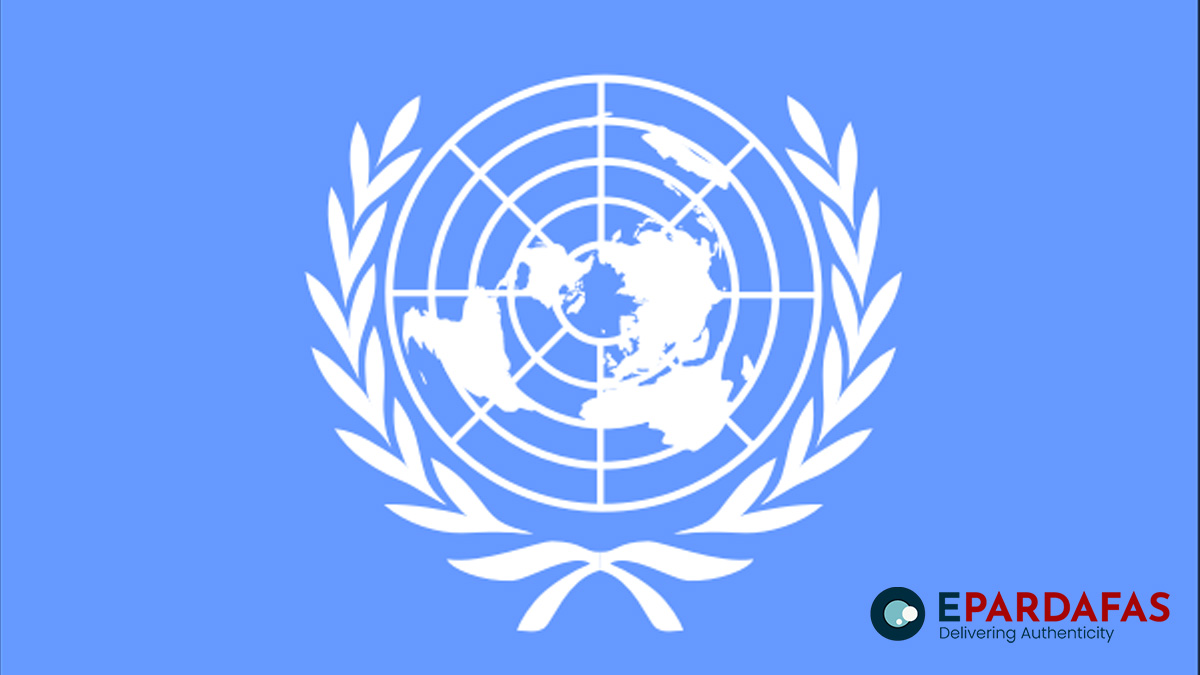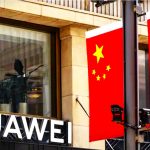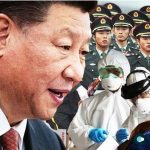
Human Rights Activists Discuss China’s Expansionist Policies at UN Human Rights Council

Human rights activists from South Asia, Japan, and Africa convened at the 54th Session of the UN Human Rights Council in Geneva to deliberate on the far-reaching implications of China’s expansionist policies and their impact on people across the region. The side event, titled “Human Rights Situation in Asian Nations,” provided a platform to address pressing concerns related to unlawful detentions, the use of advanced corporate technologies under anti-spy laws, enforced disappearances, human rights violations, and the manipulation of economic rights.
One focal point of the discussion was China’s ambitious Belt and Road Initiative (BRI), a trans-continental infrastructure project that connects China with Southeast Asia, Central Asia, Russia, and Europe by land and sea routes. The activists raised alarm about the consequences of BRI projects in various regions.
Activists from Pakistan’s Balochistan province spotlighted the China Pakistan Economic Corridor (CPEC), a multi-billion-dollar project under the BRI that has had a significant impact on the lives of the people in the area. Naseem Baloch, a political activist, emphasized the challenges faced by many in Balochistan due to Chinese construction projects, particularly in Gwadar. The CPEC links China’s Xinjiang province to the Gwadar port in Pakistan.
Dr. Dolkun Isa of the World Uyghur Congress described the 3,800 km CPEC project as illegal and genocidal, especially for the people in East Turkestan (Xinjiang). He underscored that this project was not limited to territorial expansionism but also had implications for Japan, the Philippines, and Pakistan.
Dr. Lakhu Luhana from the World Sindhi Congress drew attention to China’s intentions to exploit natural resources in Pakistan’s Sindh province, leading to severe human rights violations in the region. He noted that CPEC had global implications, as maintaining economic supremacy often required the use of force.
Shun-ichi Fujiki, the Managing Director of the International Career Support Association and a Japanese political activist, organized the side event. He emphasized the widespread impact of China’s One Belt One Road Initiative, not limited to regions bordering China, and the need to counter it to protect human rights and natural resources. Fujiki also highlighted China’s anti-spy law, launched in 2015, which had resulted in the arrest of many Japanese businessmen in China, indicating a strategy to obtain corporate information and technology.
The discussions at the UN Human Rights Council underscored the growing concerns among human rights advocates regarding the implications of China’s expansionist policies and the importance of addressing these issues to safeguard the rights of affected populations.
- NEA Faces Financial Crisis as Bank Accounts Frozen Over Arbitration Dispute
- UN Working Group Condemns Bhutan for Arbitrary Detention and Human Rights Violations
- Foreign Minister Rana Holds Talks with Indian Counterpart S. Jaishankar
- Madhesh Province Declines Participation in SEE Over Unaddressed Concerns












Comments